Will Reynolds, Lead Simulation Engineer
Will’s work involves predicting people’s health futures and motivating them towards healthier behaviours, helping people to live longer and healthier lives.
When he was at secondary school, there was careers fair stall with a mechanical gyroscope on it. Will says “playing with something that behaved so counter-intuitively caught my attention and my imagination. I wanted to understand how it worked, and I’ve had my heart set on engineering since then!”
Age: 27
Job title: Lead Simulation Engineer
Company employed by: Babylon Health
When you were a child, what did you want to be when you grew up?
When pushed, I would say a lawyer, but I’m very happy I ended up an engineer.
What is the biggest impact your work will or could have in the future?
I’m working to predict people’s health futures and motivate them towards healthier behaviours. So I hope that my work helps people to live longer and healthier lives. That’s the plan.
What excites you most about STEM?
Many industries stay relatively still, but STEM careers can make genuine changes to the world. You learn to understand how the world behaves around you, and so you learn how you can make a positive difference to it. If you find a role which harnesses your creativity and this technical skillset, I think that’s a very exciting world-affecting combination.
What do you love about your job? What would you change?
What I love about my job is that I’m learning about a completely new topic, human biology, whilst getting to apply and develop my technical and managerial skill set that I built up during my time at McLaren. I’m most motivated when I’m learning, so it’s wonderful to be facing a completely new industry and, as a result, a brand new set of problems to solve.
What gives you the most job satisfaction?
Seeing the team motivated by a technical problem and collaborating with them to find a way to solve it. That’s the most satisfying part of my job.
What does a typical day at work involve?
In my role at Babylon, I’m responsible for the development of simulations of systems in the body, enabling you to predict how your daily actions will impact your future health. My typical day would start with a stand-up meeting with the team to ensure everyone is clear on what they’re up to for the day. I may then review medical research papers to understand more about the behaviour of a particular biological system, before coding it up in Python to explore how it behaves in practice. When we are getting ready to release a new feature into the app, there is a lot of work that needs to be done to ensure that the user experience is slick and engaging, so I may end the day with a review of our latest screen designs with one of our designers.
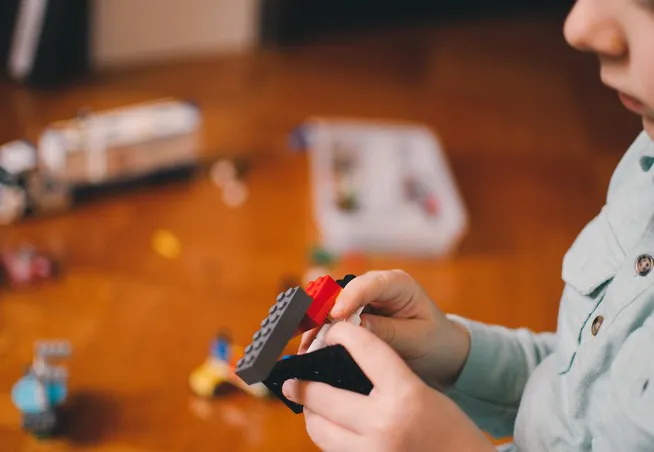
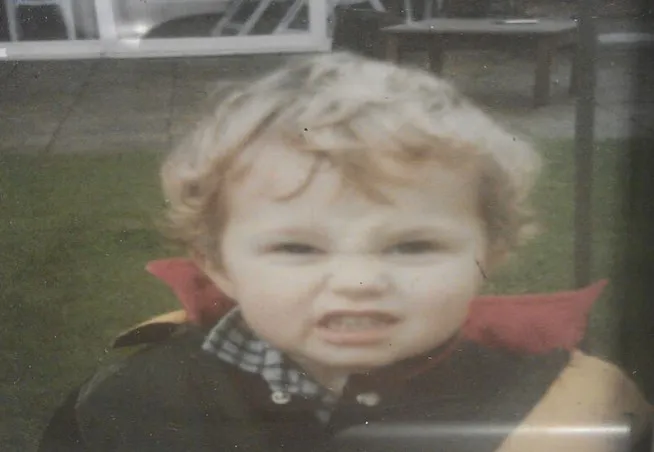
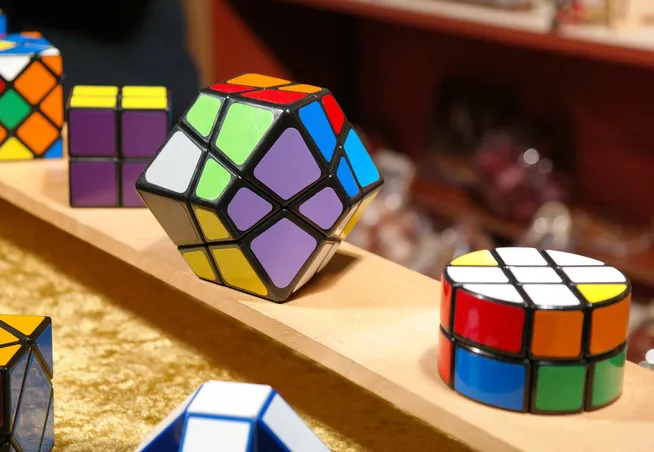
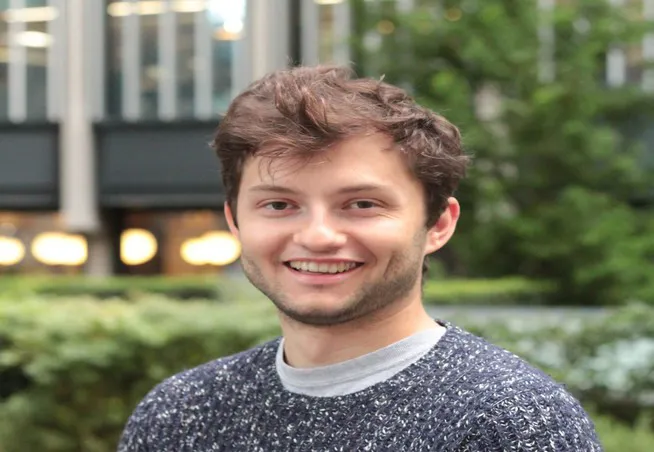
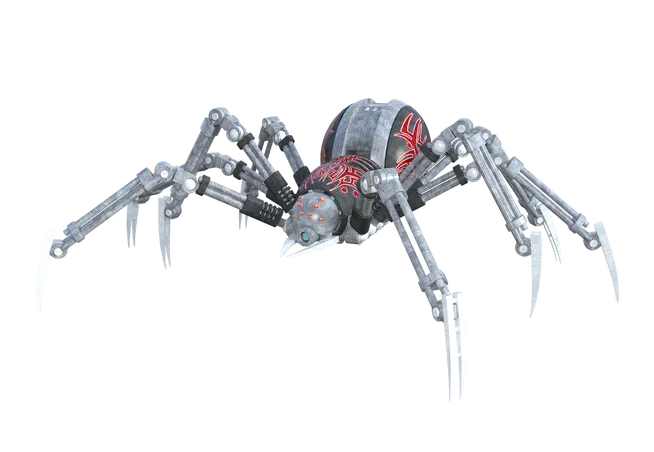
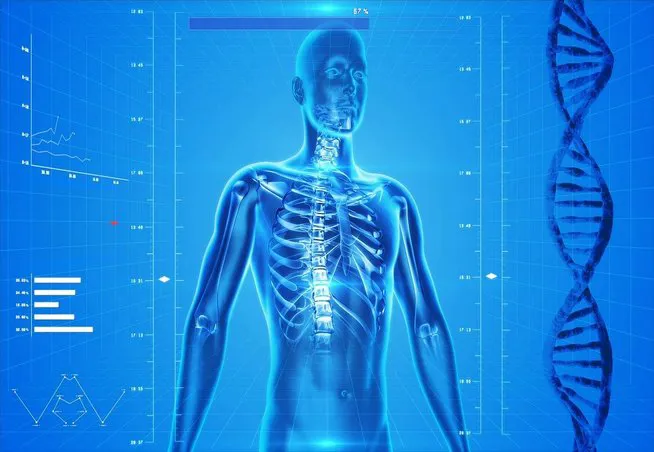
What’s the most unexpected thing about your job?
The most unexpected thing about my job is that it proves that healthcare can be an exciting sector to work in. We have to follow medical regulations, but this does not significantly hinder the innovation of the teams and I’m genuinely excited about what we’re delivering.
Did you have any role models when you were younger? What inspired you to do the job you’re doing now?
I decided I wanted to be an engineer at a careers fair at my secondary school. My physics teacher’s husband had a stall with a mechanical gyroscope on it. Playing with something that behaved so counter-intuitively caught my attention and my imagination. I wanted to understand how it worked, and I’ve had my heart set on engineering since then!
Any influential toys during childhood?
Lego (sorry to be such a standard engineer there) and puzzle games (like Monkey Island).
Your favourite subjects at school?
Physics, Technology, Art.
Qualifications (school/college/university):
MEng in Control Engineering.
Your reason for choosing this career?
In my second year of university, I was thrilled to be accepted for a summer placement at McLaren, where I worked on their F1 simulator. I was tasked with fixing a vibration issue with its steering control system. It got me looking into the mechanics of the system, the electronics actuating it, and the code to control its movement. Helping to develop such an intricate piece of engineering was a really rewarding challenge, so I wanted to come back and carry on with it. I tailored my module choices to the role, and ended up working at McLaren once I’d graduated, as a Graduate Simulation Engineer.
Tell me about your career path to date?
I’ve spent most of my career to date working at McLaren Applied Technologies. I started off as a Graduate Simulation Engineer, working on the simulator, creating simulations for road bikes and mountain bikes, and developing motion tracking algorithms for consumer products. I steadily worked my way through Simulation Engineer to Senior Simulation Engineer and Control Squad Lead.
Along the way, I decided to push myself to develop a well-rounded skill set and went down the route of accreditation for CEng. Helped hugely by the responsibility given to me at McLaren and the innovative nature of the projects I worked on, I ended up becoming chartered at the age of 25, the youngest chartered engineer in the IET at the time.
In this last year, however, I decided to make the jump to a different job with a new set of technical problems to solve, and I moved into the role of Lead Simulation Engineer at Babylon Health. In this capacity, I’ve swapped bikes and cars for the human body. I’m working to model and predict different systems of the body to help people stay healthier for longer.
If you could have any job what would it be? How does it differ from what you’re doing?
My ideal job would be working on a TV show somewhere between Scrapheap Challenge, Taskmaster and Robot Wars, which is obviously very different to my current role in healthcare. I love puzzles and engineering, and I think it’d be a great way to capture the minds of the next generation’s engineers.
Your advice to a young person considering a career in STEM?
Find something you genuinely enjoy and do that! Go and do placements, learn what you like and what you don’t like doing. Find somewhere where you are so engaged by solving the problems you’re facing that you never clock-watch.
